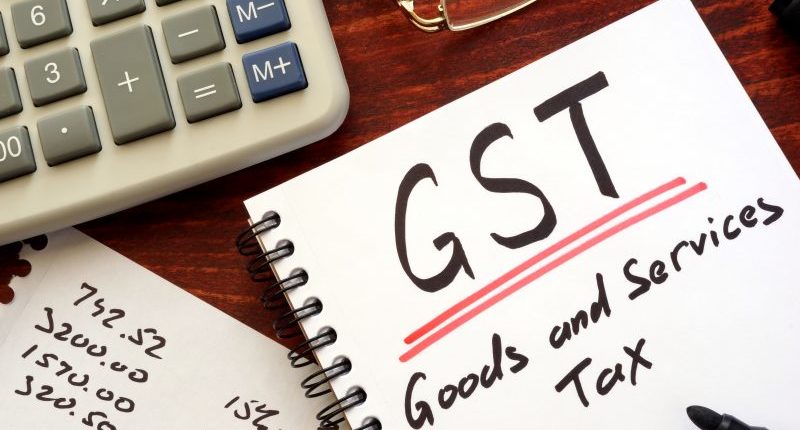Goods and Services Tax (GST) structure of taxation has been implemented in over 160 countries across the world. It’s widely known that the COVID-19 pandemic has engulfed the entire globe by sparing only a handful of countries. Here we analyse the relief measures announced on GST compliance in popular countries for businesses to sail through the COVID crisis.
The names, traits, rate structures and compliance features of GST may vary from country to country. However, the underlying objective remains the same- bringing uniformity in indirect tax laws, and centralisation across the law of the land.
Let us begin with France, the first country to implement GST. On 1st May 2020, the deadline for non-EU businesses to furnish their VAT (Value Added Tax) recovery claims is extended from 30th June 2020 to 30th September 2020. It had allowed businesses to defer VAT payment and filing by three months in March 2020.
Further, the country has provided a discount of up to 20% on VAT payments for March and April 2020 instead of giving further extension in the due dates for filing VAT returns. The discount may go up to 50% if the monthly revenue falls below 50% or more. There is also a flexible option provided for companies (or their tax consultants) facing severe difficulties to request for a tax rebate (including interest and penalties) on a case-to-case basis.
Moving forward to United Kingdom (UK), its Chancellor too had announced a three month indirect tax holiday. These were to support businesses encountering cost rise or financial disruptions, back in March 2020. VAT payments (inclusive of payments on a credit basis) falling due in between 20th March 2020 and 30th June 2020 can be deferred at the option of the taxpayers, except for Mini One Stop Shop scheme and few other indirect taxes.
Also Read: GST Authorities to Verify Tax Evasion by Manufacturers of Hand Sanitisers
Payments for these months can be made on or before 31st March 2021 without any interest or penalties. However, the returns must be prepared and filed by the due date. No relief has been announced for the subsequent months. On 8th July 2020, the UK has cut its hospitality VAT rate from 20% to 5% to be effective between 12th July 2020 and early January 2021.
Turning to Canada, the GST/HST applies to the sale of most of the goods and services in the country along the supply chain. Various Canadian provinces have Provincial Sales Tax (PST) imposed too. The Federal Government and the Canadian Provinces have extended the deadlines for paying taxes and filing the GST returns. In March 2020, the Federal Government had extended GST payments (including import taxes) from March 2020 to May 2020 up to 30th June 2020 for monthly, quarterly and annual return filers.
On 30th June 2020, it further allowed businesses facing COVID-19 difficulties to apply before it for continuing with the delay in payments. On the other hand, provinces such as Manitoba, Saskatchewan, Ontario, Quebec and British Columbia have notified different extended dates. Some of them range up to 20th October 2020 covering returns from April to September 2020 waiving off penalties.
Similarly, Australia has provided GST relief measures for importers reeling under the crisis since April 2020. They can apply for a deferred GST scheme under which GST payment need not be made in cash for clearing imported goods. Further, they can switch from quarterly to monthly GST reporting cycle to be entitled to quicker access to GST refunds. A six-month delay has also been granted for payment of tax dues under indirect and direct tax laws.
Singapore has pushed the last date of filing of all the GST returns of March 2020 and April 2020 until 11th May 2020 and June respectively, including payments. It has also suspended its 2018 Budget decision to increase the GST rate from 7% to 9% in 2021.
South Korea has brought about several VAT easements for small and micro businesses depending upon the annual turnover of the businesses. Moreover, the small taxpayers with an annual turnover up to KRW 48 million are exempted from collecting or depositing VAT until 31st December 2020 on supplies. Again, postponement of VAT payment and return filing for nine months will be allowed on a case-to-case basis by an application with the authorities.
Brazil, the second-worst affected country from the pandemic has announced certain relaxations in the levy of GST/VAT in its country. The IPI (Imposto Sobre Produtos Industrializados), the federal tax on manufactured goods, including the import tariffs, is reduced to zero on many medical supplies. Moreover, under the small businesses scheme (Simples Nacional), the deadlines for tax collection were extended for six months.
On gathering the updates from across the globe, India’s GST relief measures look reasonable, considering the vast population and its economy. However, discounts in tax liabilities or instalment schemes, especially for small businesses, should be an effective move to bring companies back on track at a faster pace.
For any clarifications/feedback on the topic, please contact the writer at annapoorna.m@cleartax.in
Annapoorna, popularly known as Anna, is an aspiring Chartered Accountant with a flair for GST. She spends most of her day Singing hymns to the tune of jee-es-tee! Well, not most of her day, just now and then.





